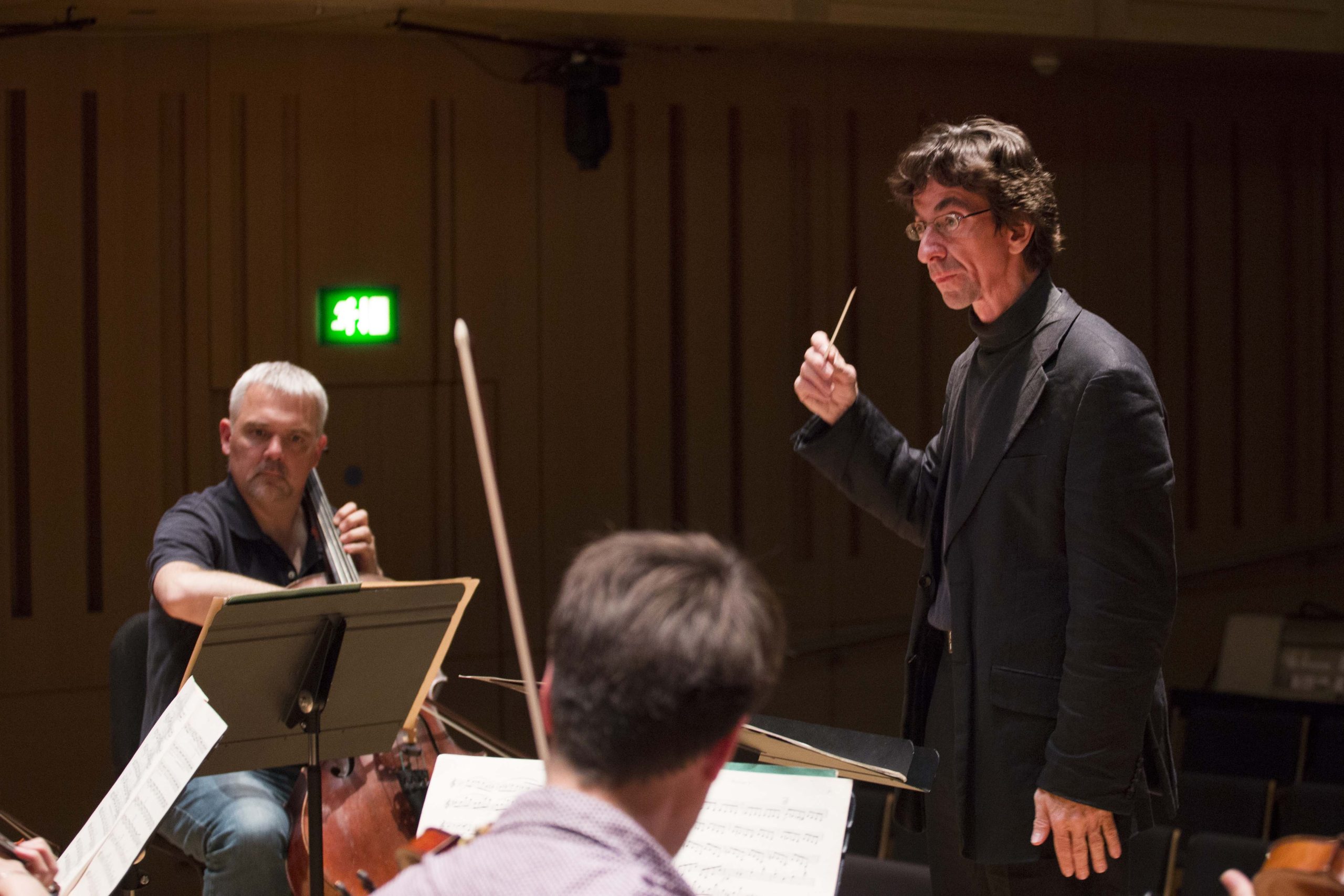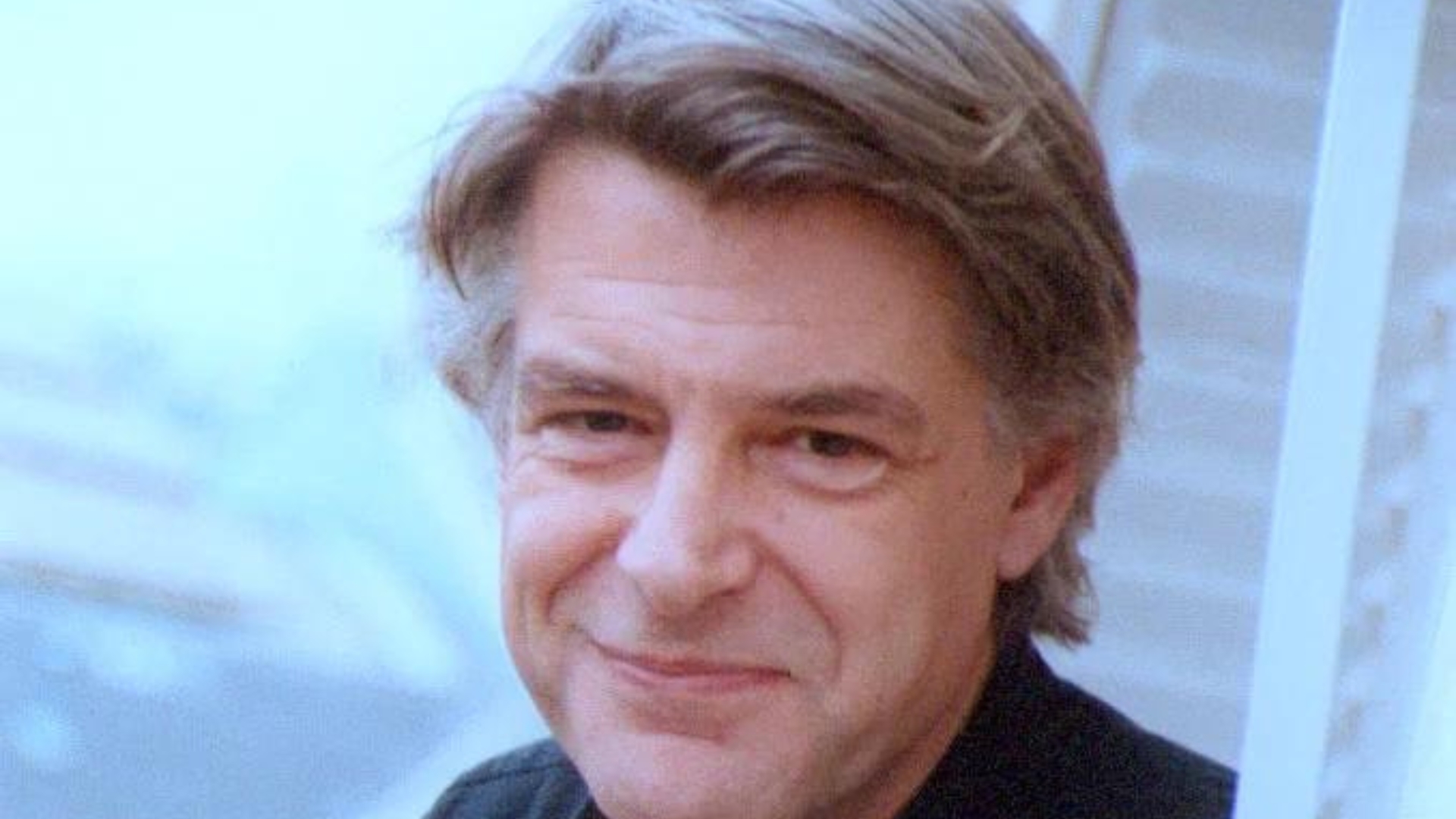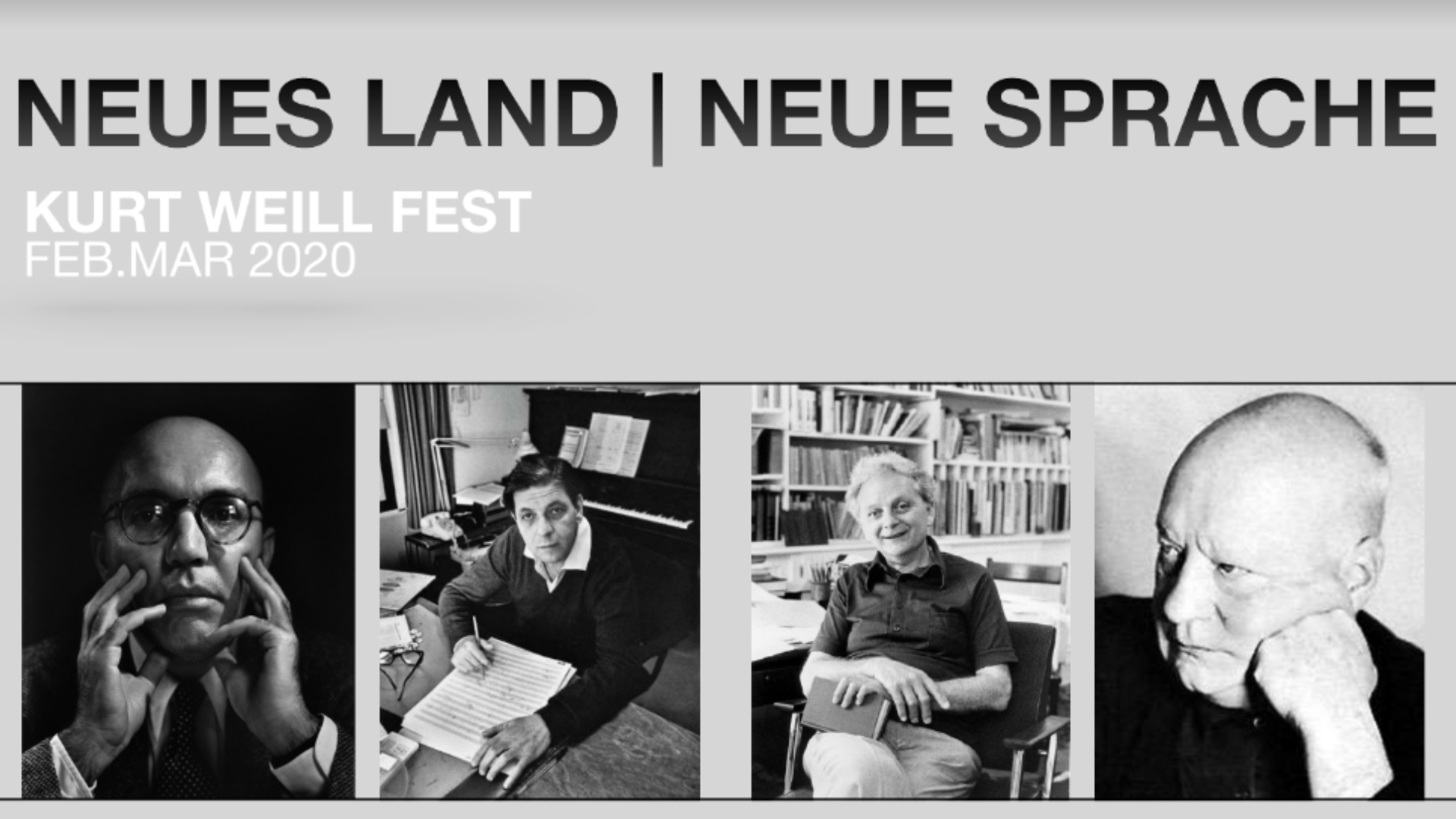The Times
“Extraordinarily committed, searingly communicative performances…thanks to Philip Headlam’s lucid direction”
About Philip Headlam
Conductor Philip Headlam has received acclaim for his performances in the U.K., Europe and Canada. Equally at home in the theatre and on the concert platform, he conducts a wide range of opera and orchestral repertoire from the across the Classical and Romantic eras as well as Baroque music.
He has vast skill and experience conducting opera and concert music from all decades of the 20th and 21st centuries including numerous world and national premieres in the U.K. as well as Belgium, Italy, Germany and Canada and worked directly with many eminent composers of our time.
Mahagonny Songspiel by Kurt Weill
Philip Headlam, conductor, The Continuum Ensemble
The Continuum Ensemble

Philip Headlam is the conductor and artistic director of The Continuum Ensemble, dedicated to performing new and neglected music from the 20th and 21st centuries. Founded with co-artistic director Douglas Finch, pianist/composer, it is based in London, U.K.
‘inspired, stylish performances…a bold imaginative project, wonderfully well realized‘
Guardian
Programming & Festivals

Recitation and Conversations: Georges Aperghis and his Contemporaries
Aperghis explores the human condition in all its complex expression and emotion, even language itself, which he renders into highly original music that blends gesture and sound by turns poignant, sophisticated, witty and disturbing though always moving and profound.

Neues Land, Neue Sprache at the Kurt Weill Festival Dessau, 2020
Faced with unexpected exile from a homeland and the daunting challenge for an established composer to write songs in a new language upon arrival in a new country, this concert celebrates the beginnings and eventual mastery by Kurt Weill of songs in English with three other Nazi-exiled emigre composers to the U.S. and Canada in the 1930s/40s

Swept Away: Music of a Lost Generation
Swept Away features music by German and Austrian composers who fled into exile in the early 1930s, persecuted and threatened with arrest for their Jewish origins, socialist political views and artistic modernism. Their music was banned from performance and publication, thus completely disappearing until long after WWII ended and even the deaths of many of the composers.
